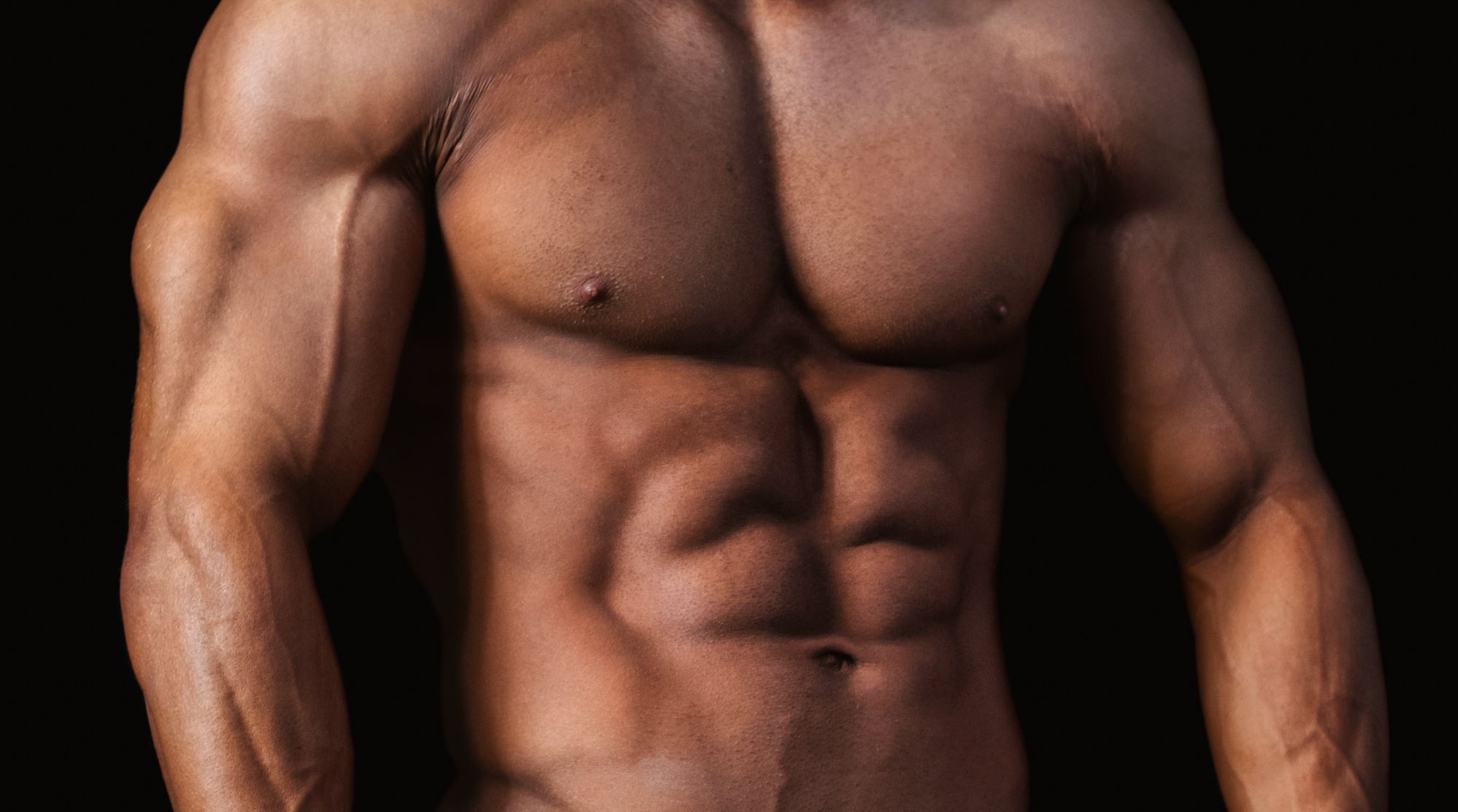
A new phenomena has arisen these days amongst teen boys and young men is called Muscle Dysmorphia. We all know that there are a lot of bad consequences as a result on the over-reliance on social media and what is shared there and in the case of muscle dysmorphia, social media may also be contributing to this problem when taken to an obsessive, excessive and possibly harmful level by this age group of males.
We all want to look the best that we possibly can, both males and females, but it needs to be done in a manner that is measured, attainable, that you feel comfortable with and it does not control, rule or interfere with your everyday life and lifestyle.
What is Muscle Dysmorphia
Muscle dysmorphia is a condition that is characterized by an intense and irrational fear of being too small or skinny, leading to a distorted body image. This disorder is most commonly found in teen boys and young men, but it can affect people of any age. Muscle dysmorphia can cause people to obsess over their body weight, muscle size and definition, and it may lead to unhealthy and dangerous behaviors in order to achieve the perfect muscular-looking body.
Factors That Contribute to Muscle Dysmorphia
There are a number of factors that can contribute to the development of muscle dysmorphia. One of the most common is the influence of social media. With so many people posting pictures of themselves online, it can be easy for people to feel like they need to have a perfect muscular and defined body in order to be considered attractive. This can lead to a distorted or unrealistic body image and an unhealthy obsession with weight and muscle mass.
Another contributing factor for younger males is the pressure to be muscular and have that six pack of abs. With so many people working out and being active, it can be easy for people to feel like they need to have a perfect body in order to fit in. This can lead to a distorted body image and an unhealthy obsession with weight and muscle mass.
The media - movies, YouTube videos, Instagram, TikTok, commercials - often portrays men as being strong and muscular. This can lead to boys and young men feeling like they need to have a perfect muscular body in order to be considered masculine or beautiful-looking. This can lead to a distorted body image and an unhealthy obsession with weight and muscle mass.
The bodybuilding culture perpetuated by the Internet can also be a contributing factor, as it places a high value on muscularity and strength. This can lead to boys and young men feeling like they need to have a muscular body in order to be accepted by their peers. However, the bodybuilding culture has been around for decades, forever... So this may be a very minor contributing factor.
Harmful Effects From Muscle Dysmorphia
There are a number of harmful effects that can result from muscle dysmorphia. One of the most serious is that people may turn to dangerous and unhealthy methods to achieve their desired body. This can include excessive dieting, excessive exercise, and the use of harmful steroids. These methods can be dangerous and can lead to health problems such as depression, heart disease, stroke, and even death.
Another harmful effect of muscle dysmorphia is that it can lead to a negative body image. People with muscle dysmorphia may feel like they are never good enough, no matter how much they work out or how much muscle they build. This can lead to depression, low-self esteem, anxiety, and other mental health problems.
Lastly, muscle dysmorphia can lead to social isolation. People with muscle dysmorphia may feel like they don't fit in with their peers, and may be reluctant to socialize or participate in activities. This can lead to problems in school or work, and can isolate people from their friends and family. They may also dedicate too much time to achieving that perfect body that they neglect other social activities that are important to their well-being.
My Recommendation and Advice
Incorporate exercise (weight training, bodybuilding, sports, etc...) as part of your daily life and routine, don’t let it control or rule you. If you go to the gym to weight train, pick a set number of days to workout with off-days as rest days to do something different. Over time you will achieve the muscle gains that you desire naturally without it controlling your life and the body look that is healthy and that you feel comfortable with. Exercise and feeling healthy is a life-long journey, not a destination and that is the whole point of regular exercise in a person’s life.
Don’t let social media or your people dictate how or what you should look like. Do what you are comfortable with and what works best for your body type.
Eat a healthy and nutritious diet. Of course, once in while, you can splurge and treat yourself to life’s indulgences.
Conclusion
If you or someone you know is struggling with muscle dysmorphia, it is important to seek help. There are a number of resources available, including counseling, therapy, and support groups. It is important to get help if you are struggling, as muscle dysmorphia can be a dangerous and a harmful condition.